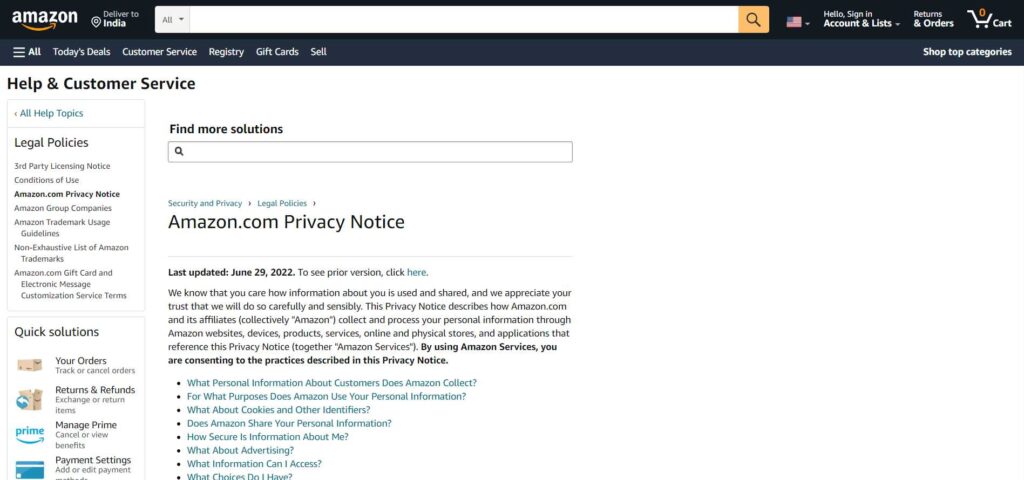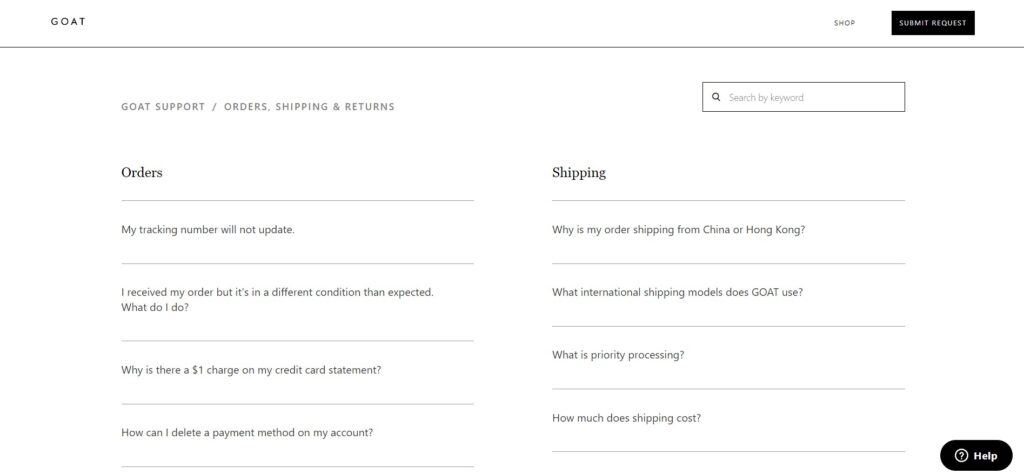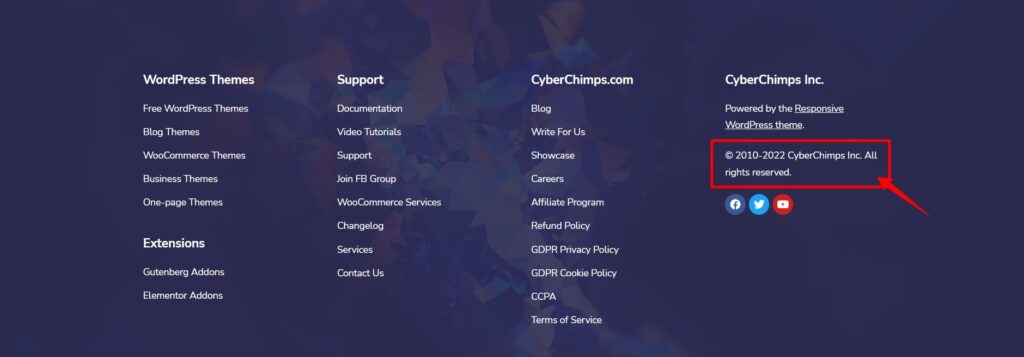What policies do I need for my website?

When walking down the street, would you hand over your card information, phone number, and address to shady characters? Definitely not! In fact, you may not even be ready to share your email ID with a stranger, let alone other sensitive information, isn’t it? Same goes for the internet. Before spending money, giving the email ID for a newsletter, or even posting comments somewhere, people need to feel safe. And policies like privacy policy for website, terms and conditions etc on the website make them feel so.
Now, if you are asking, ‘Do I need a privacy policy for a website?’, then not just this one, but there are plenty of other policies that you must publish on your site. The reason behind this is if your visitors are feeling safe, they will be able to trust your brand better and will purchase more from your site.
Moreover, having adequate legal language can put you in the right place and give you an upper hand if you get to experience a clash with a customer. Thus, in a way, policies protect your brand, reputation, revenue, and even profits.
In this post, let’s find out the different legal policies you must put on the site.
Types of Policies needed for a Website
1. Privacy Policy

A generic privacy policy for a website is one of the significant tools that allow you to develop trust among the visitors. It lets the target audience know precisely the information that you are collecting from them and what you are going to do with that information.
In fact, in some countries, it is even required by law. Even if your country has not made this page a mandatory one, you should still keep it to be on the safe side. While the law makes the first reason, the second reason is that privacy policies help establish your brand’s credibility in the market. If you want to know more about a free privacy policy generator refer this article.
When you inform the customers about the type of information you are collecting, it gives them the confidence to trust your site and buy from there. While creating a privacy policy for the website, you must add:
- An explanation of the collected information and how it is being used
- How can people access and alter their information
- How you are going to notify people about the information collection
- A statement defining the age restrictions
- A mention of all the third-party apps and sites with which you share the collected information
2. Terms and Conditions
A terms and conditions page is referred to one such contract that your brand makes with the visitors. On this page, you define the behavior you expect from visitors and what they can expect from your end.
In a way, this specific page can offer legal liability, safeguard valuable intellectual property, and can help you collect all of the payments on time. Without this page’s availability, any issue arising from the purchase or use of your site could lead to a messier situation for you.
As far as the content matters, you should write:
- How and where disputes will be handled
- Restrictions on damages
- How users and your company can use intellectual property
- Your right to not deliver a product or refuse service because of a reason
- How the orders get processed, refund policy, shipping policy, cancellation policy, comment policy, etc.
3. Refund Policy

Although a refund policy could be a part of the terms and conditions page, however, discussing the same separately would be advantageous and recommended. So, you can include it in the terms and conditions page and create a separate page for the same.
As it happens with any e-commerce site, refunds are a part of life. So, if you are selling a product or a service, it would be better to define everything in a crystal-clear manner so that you don’t find yourself in legal troubles.
While crafting a refund policy under eCommerce privacy policy, you can add the following things:
- Time restrictions on returns
- Condition in which the product is acceptable
- Who would be paying for the return shipping
- Time duration to process the return
- What to do when the product has arrived damaged
4. Comment Policy
Again, even this one could be a part of your terms and conditions page, but it is recommended to write it down separately on the site. With a comment policy, you can let your visitors know what is acceptable and what is not. It is as simple as that.
The need for a privacy policy for website arises because you must regulate the comments on your site and make sure that they don’t violate any anti-discrimination laws. You would have to let them know why, how, and why you can delete the comments.
To create a comment policy, you can write:
- Types of comments that will be deleted
- Who has the judgment to govern whether the comments should be deleted or not
- Any appeal policy for comments that have been deleted
5. Copyright Notice

The copyright notice is to make the visitors know that the content published on the site, whether text, videos or images, legally belongs to you, and they cannot use it without permission.
Such a notice proves out to be a good deterrent for people who steal or borrow the content. Along with it, you can also state if you are granting permission for people to use anything from the posted material. However, even if they use anything, be clear that you are still going to hold the copyright and revoke access anytime.
This notice should contain:
- A symbol of copyright
- Year when the site was created
- Name of the holder who has the copyright
Here is everything you should know about Copyright Notice.
Wrapping Up
At the end of the day, it is essential that you be clear about what is allowed on your website and what is not. Now that you are familiar with essential policies start by creating and uploading the same to build trust.
Also, while creating these pages, make sure you avoid casual language and use only the legal words as it will help you in the long run. Moreover, ensure that the policy you are putting matches your company.
For instance, if you don’t sell any physical product, the shipping policy might not be for you. If you are running a blog, posting a comment policy would be extremely necessary. If you think there are other policies that are essential for a website, let us know.
